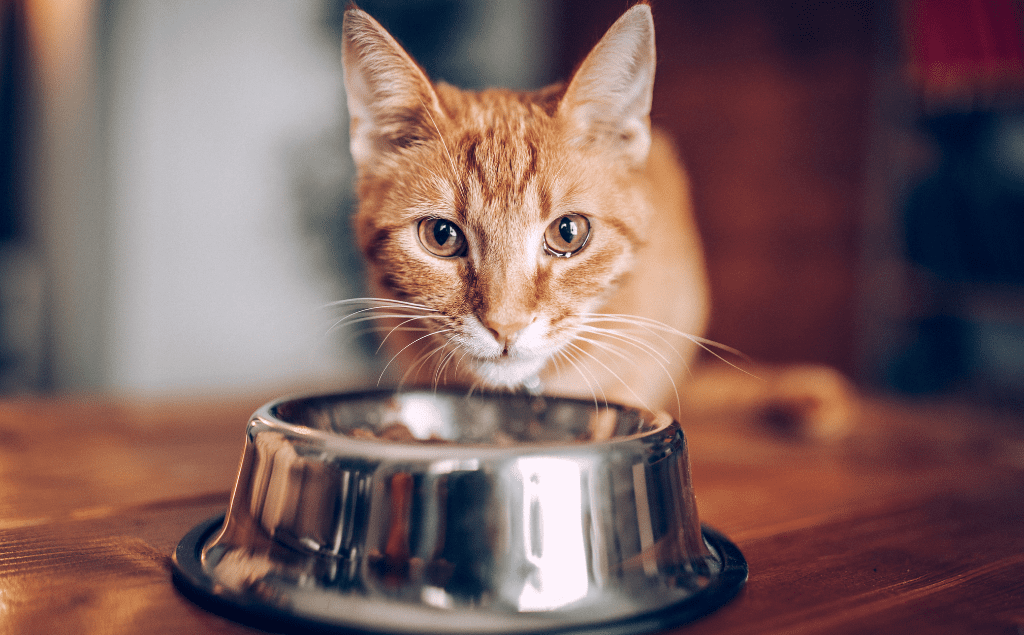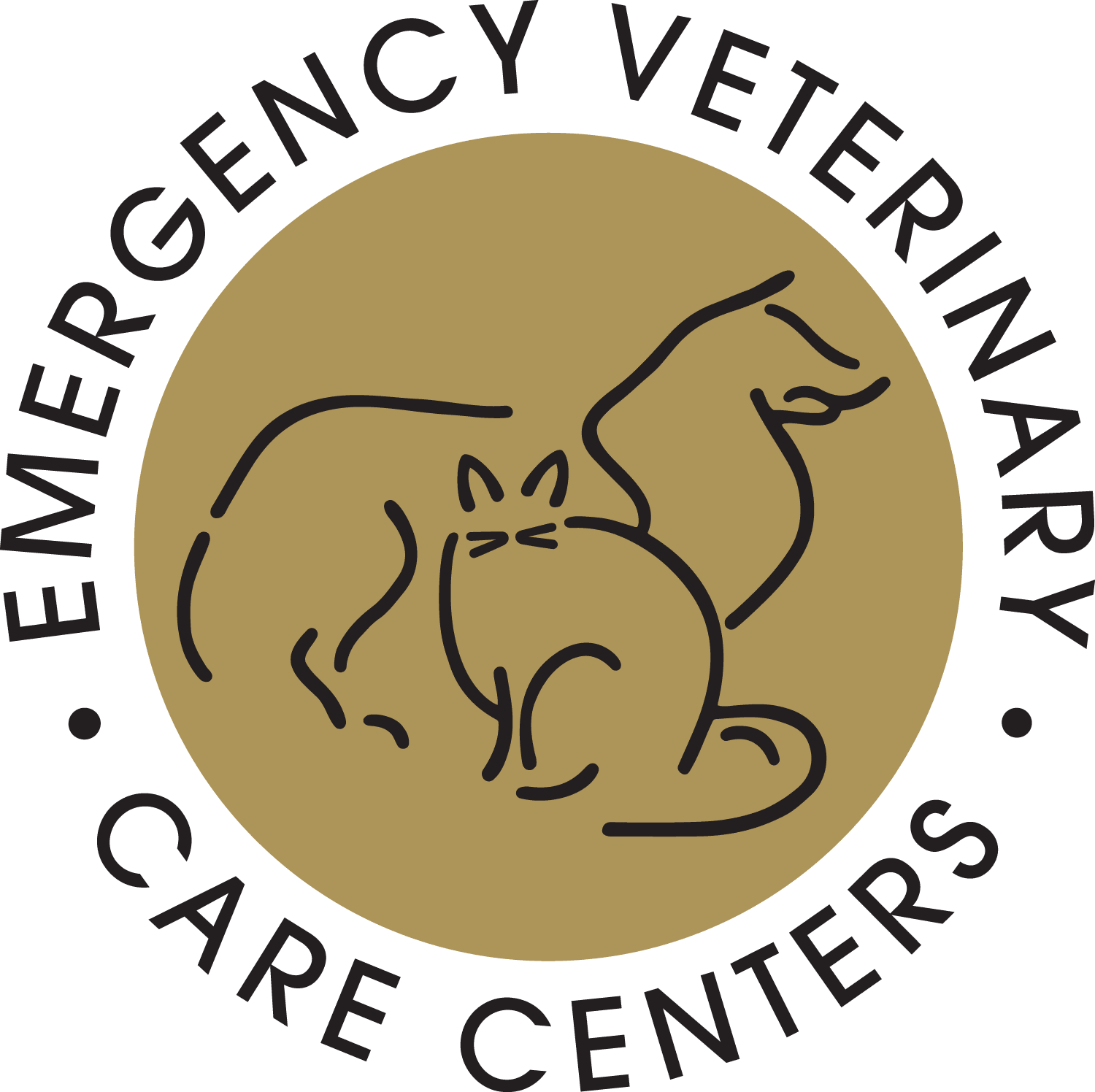5 Reasons Why Your Cat Isn’t Eating
Cats need to eat and drink each day to stay healthy. While other animals can get by when they are not eating enough for some time, a cat can get very sick if it stops eating. This is one of the things that not every cat owner knows, which means that being aware of the eating and drinking habits of your cat can be critical.
Cats are often quite stoic, which means that it can be hard to tell when they are sick. Your cat’s eating and drinking habits can be the first sign that something is not right with their health.
If your cat has stopped eating, this might be due to something that is simple to resolve, but it can also be an indication of something more serious. Cats are usually hungry when they are healthy, which means that you need to be sure that you do not consider a lack of appetite something to take lightly.
Cats who are not hungry are often struggling with something that needs medical attention, but there are instances where your cat might just need a few adjustments to its routine to feel safe eating. If you want to know some more about why your cat might have decided not to eat, you need to keep reading.

Reasons That Your Cat Might Not Be Eating
Listed below are the top 6 reasons why your cat won't eat:
1. Food Allergies
Cats can develop a strong dislike for a particular food, even if they used to love it. This aversion can form suddenly, often after a negative experience, such as vomiting after a meal, a stressful event during feeding time, or being force-fed.
Once that mental association is made, your cat may avoid the food altogether. This is one reason why, in the hospital setting, we don’t always start cats on the prescription diet they ultimately need.
Signs of food aversion may include sniffing the food and walking away, pawing at the bowl as if trying to “bury” it, or meowing for food but refusing to eat what’s offered. If you suspect your cat has developed an aversion, try offering a different flavor, texture, or brand; preferably one with a strong, enticing aroma.
Warming the food slightly can help enhance its scent. Make sure feeding takes place in a quiet, stress-free environment, and avoid force-feeding unless directed by your veterinarian, as this can reinforce the aversion.
2. Anxiety or Fear
Cats are creatures of habit, and even small changes in their environment or routine can affect their appetite. Moving to a new home, introducing a new pet or family member, loud noises, travel, or even changing their food too abruptly can trigger stress-related inappetence.
Stress may cause your cat to hide, become withdrawn, or avoid food entirely, even if they're otherwise healthy. Unlike dogs, cats don’t usually “bounce back” quickly from environmental changes, and their eating habits can be one of the first signs something is off.
To solve this, try to identify and minimize the source of stress whenever possible. Offer meals in a quiet, safe space and keep feeding routines consistent. If you’ve recently changed their diet, consider reintroducing the old food gradually or mixing the two during the transition. For ongoing anxiety, a vet consult may be helpful.
3. Poisoning or Foreign Body Obstruction
A sudden loss of appetite can be a red flag that something serious is going on, such as poisoning or a foreign body obstruction. Curious cats may ingest toxic substances (like certain plants, medications, or household cleaners) or non-food items (like string, hair ties, or ribbon) that can get stuck in their digestive tract.
Both poisoning and blockages can cause nausea, vomiting, lethargy, drooling, and refusal to eat. In some cases, symptoms may be subtle at first, but they can progress quickly and become life-threatening.
If you see your cat eat something they shouldn't and/or they're showing any of these signs, head to an emergency vet immediately. Early intervention is critical. Avoid trying home remedies or waiting it out, as delays can reduce the chances of recovery if toxins or obstructions are involved.
4. Cancer
Cats that have cancer often just seem to be a bit “off” when cancer first starts to make itself known. This might mean that they are not hungry, or they might just have less energy than usual.
If your cat is not acting like it normally does and seems not to be hungry, you should consider a trip to the vet to have them checked out. Cancer has more treatment options when it is caught early, so there is no time to waste when you think that cancer might be the reason for your cat’s lack of appetite.
5. Illness
Many underlying health conditions can cause a cat to lose their appetite, often due to nausea, discomfort, or an inability to smell their food. Kidney disease is a common culprit; as kidney values rise in the blood, they can trigger nausea and vomiting. Liver disease and pancreatitis can have similar effects, leading to a lack of appetite due to gastrointestinal upset.
Upper respiratory infections are another common cause. Since cats rely heavily on their sense of smell to eat, nasal congestion from illness can make food unappealing or undetectable altogether. Fever, whether from a viral or bacterial infection, can also cause lethargy and reduced interest in food or water, much like what we experience when we’re sick.
If your cat hasn’t eaten in 24 hours or is showing other signs of illness, it’s important to see a veterinarian for a diagnosis and treatment plan. Addressing the underlying issue is key to getting your cat feeling better, and eating again.
Contact a Veterinarian if Your Cat Isn't Eating
In nearly all cases, a cat that is not eating needs attention from a vet. There are only a few things that are easy to resolve that might be causing your cat to stop eating, and you should never assume that something simple is the reason for your cat’s lack of appetite. It is usually a good idea to make sure that your vet has looked at your cat before you assume that there is nothing more serious wrong with their health.
Catching various health conditions that can impact your cat’s health in the early stages is important for successful treatment. Your vet will be able to offer you the diagnosis that you need to get your cat the help that they need to feel better. For more information, or if you need to speak to a veterinarian, contact EVCC by calling one of our locations. Our highly skilled professionals are here for you and your pet when you need us.
Recent Posts
About Us
At Emergency Veterinary Care Centers (EVCC), we know that pet emergencies are unpredictable and often stressful. That's why our team, with over 20 years of emergency and critical care experience, is ready to assist you and your pet in the toughest situations.


